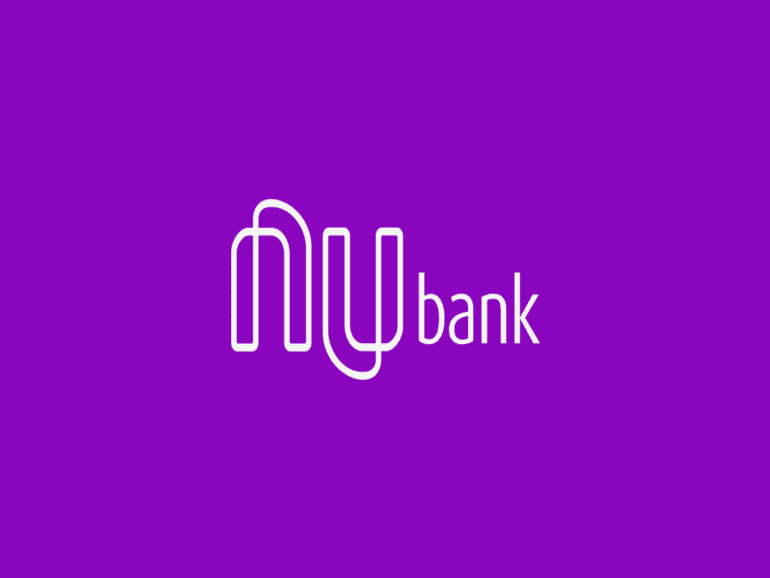As it pivots to monetization, Nubank rolled out one of its core products for 2023. The digital bank began offering payroll lending recently to scale up its loan business and prop up how much revenue it extracts from its vast customer base.
The Warren Buffet-backed company began testing payroll-deductible loans this quarter with its client base of public servants, the first stage of NuConsignado – as the payroll product is known.
The loan is settled directly and automatically from the payroll, thus offering the lender collateral to mitigate default risk. Nubank, like most other fintechs and banks in Brazil, had shied away from credit in the last quarter.
The digital bank reduced its risk appetite as inflation spiked in Latin America’s largest economy, leading the central bank to a sharp tightening the previous year.
With payroll lending, the digital bank blazes a trail into secured lending, an asset that bears less risk than credit cards and individual loans. Clients can now take loans directly from the app, which according to the company, “fosters transparency and ease of use in a sector marked by bureaucracy.”
“Our credit portfolio is expanding deeper into secured options,” it said in a news release this week. The company already offers unsecured products such as personal loans, credit cards, and loans backed by investments.
“While the payroll loan is a safe and more advantageous form of access to credit by the population, it has historically been marked by a journey of difficulties, with bureaucratic processes, hidden fees, and several cases of abusive practices by intermediaries,” Livia Chanes, country manager of Nubank’s operations in Brazil, said.
Nubank steps into a huge payroll market
The payroll market in Brazil, one of the world’s largest economies, is sizeable. And Nubank is not alone among fintechs trying to get a piece of the pie.
Earlier this year, PicPay, a digital wallet, acquired BX Blue, a payroll lending marketplace in Brazil. According to the fintech, the payroll loan market is roughly $500 billion Brazilian reais, or $100 billion.
Growing collateralized credit has become one of Nubank’s top goals for the current year. “Our most important launches in 2023 include the expansion of our lending products in Brazil into secured lines and the launch of savings accounts in Mexico and Colombia,” David Velez, CEO, and founder said in the last earnings call.
The digital bank wants to expand its financial services ecosystem to increase customer appeal. The bank has over 70 million customers in Brazil, yet only a fraction choose Nubank as their primary banking institution.
“We will continue to expand our platform with disruptive products that enable us to acquire increasing levels of customer principality across all demographic segments,” he said.
Risk appetite going down
The fintech had become more restrictive in originating new personal loans, as Brazilian families face higher inflation rates. Non-performing loan ratios for the digital lender jumped 50 basis points from 4.7% to 5.2% in the fourth quarter and 110 basis points from 3.1% in the year-ago period.

Thus, Nubank accelerated the launch of payroll lending, one of its primary goals for the year’s first half.
“We are confident that this is a disruptive solution for our customers, which will foster growth into different client segments, thus further balancing our credit book,” Velez said.
The digital lender’s adjusted net income surged to $113.8 million in the fourth quarter from $3.4 million in the year-ago period, and 79.2% compared to $63.5 million in the linked quarter.
The fintech had already reached breakeven in the previous quarters and is now undertaking the challenging task of increasing profits while upholding its Latin American growth expansion


